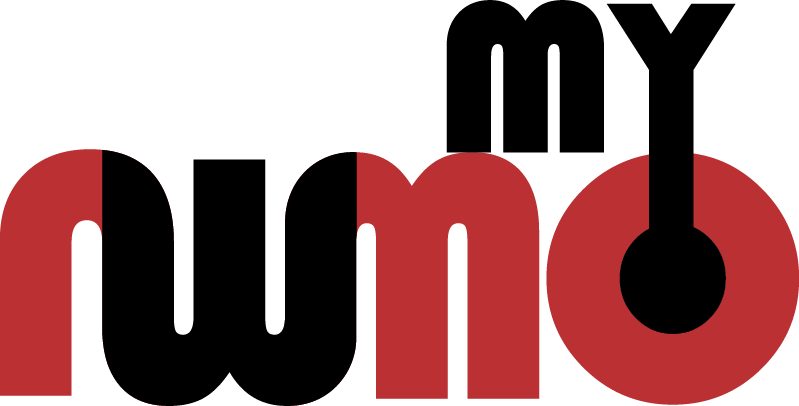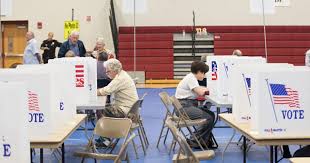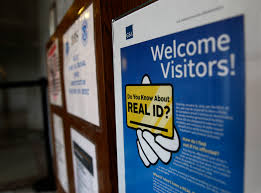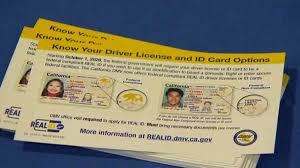North Carolina’s lawmakers have introduced a new bill in the state House that aims to ban third-party voter registration drives from using real voter registration forms. The bill, House Bill 127, was filed this week, and it has already sparked a debate about voter access and the protection of personal information.
The bill’s primary goal is to prevent third-party organizations from distributing actual voter registration forms, requiring them instead to hand out only sample forms. It also calls for groups conducting voter registration drives to register with county boards of elections, outlining their activities and intentions.
Protecting Personal Information or Disenfranchising Voters?
Rep. Harry Warren, a Republican from Rowan County and the author of the bill, argued that the legislation is designed to protect personal information and reduce the risk of identity theft. “By providing the eligible voter with a registration worksheet to take with them, including instructions on where to turn it in or how to register online, it ensures that their personal information is kept safe,” Warren told WRAL.
While the bill is being promoted as a measure to protect voters’ personal data, many critics argue that it will make it more difficult for certain communities to register to vote. Ann Webb, the policy director for Common Cause NC, criticized the bill for potentially disenfranchising voters. “This will stop community organizations from helping people directly with registering to vote. It’s an extreme move that will hurt voter turnout,” Webb said.
Impact on Communities of Color and Students
Another group voicing concerns about the bill is Democracy NC, a nonpartisan organization that works to protect voting rights. Katelin Kaiser, a representative from Democracy NC, explained that the bill could disproportionately affect communities of color and students. “Census data from 2022 shows that Black registrants are almost twice as likely to register through community-based programs compared to white voters,” Kaiser said. “This bill would make it harder for these voters to engage in the democratic process.”
The bill has also raised concerns about its potential effects on students, who often rely on third-party organizations to help them register to vote. With tighter restrictions on voter registration drives, students may find it more difficult to participate in elections.
Support from Republican Leadership
Despite opposition from various organizations, the bill is gaining support from many Republican leaders in the state. Rep. Hugh Blackwell, a Republican from Burke County and chairman of the House Election Law Committee, has expressed his backing for the bill. Blackwell, along with other Republican lawmakers, argues that the legislation is necessary to protect voter data and ensure that third-party registration drives do not create opportunities for fraud.
While the bill has not yet been scheduled for a committee hearing, it is expected to be discussed soon. If passed, it could become law, joining similar measures that have been introduced or passed in other states.
Legal Challenges and Debate Over Voter Access
The proposed legislation is not without controversy. Several states that have passed similar laws have faced legal challenges, with opponents arguing that these measures violate First Amendment rights by restricting the ability of organizations to promote voter registration. The Center for Public Integrity has reported that in some states, voter registration organizations have faced stricter penalties for failing to follow these new rules.
Supporters of the bill say that the restrictions are necessary to protect voter privacy and prevent potential fraud. However, opponents warn that these measures could limit voter access, particularly for marginalized communities that rely on third-party registration drives to help them navigate the registration process.
As the bill moves through the legislative process, it remains uncertain whether it will be approved by lawmakers. Its passage could significantly impact how voter registration drives operate in North Carolina and across the country.
Disclaimer – Our team has carefully fact-checked this article to make sure it’s accurate and free from any misinformation. We’re dedicated to keeping our content honest and reliable for our readers.




